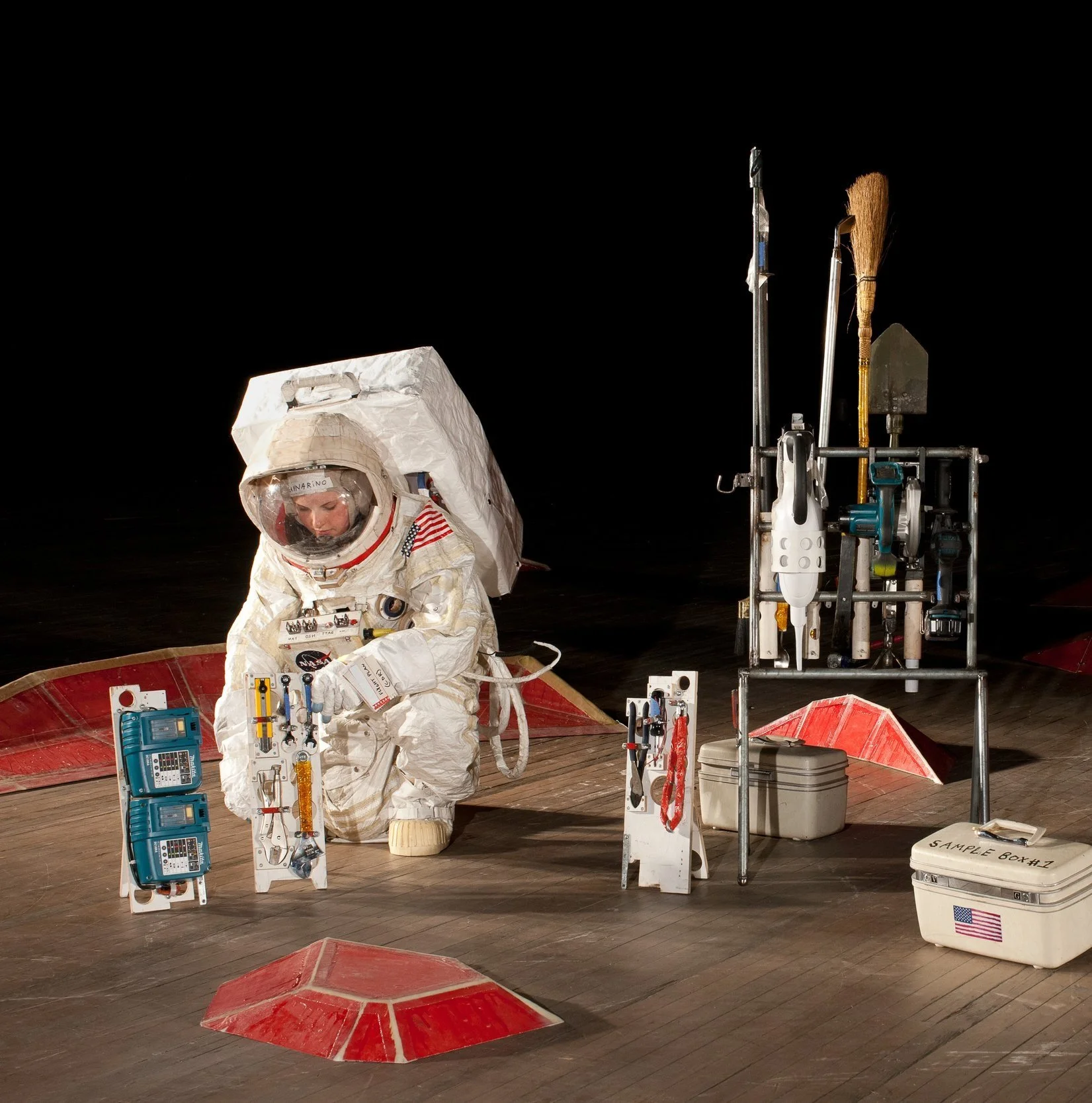Current Vibes
TurboFund | Head of Product and GTM | 2024 - Now
Unsolicited Meme-Mail | The world's first AI-powered B2B sales platform that exclusively sends dank memes to prospects until they finally respond | 2025
Messy OS | Remix your digital mess into new ideas in a private GenAI Workspace | 2025
Past Vibes
On Approval | Co-Founder & CEO | 2020 - 2024 | Seed round led by Freestyle Capital with participation from Signia Ventures, Scott Belsky, Pareto, and Jean Pigozzi
SFAQ Publications | Founder & Editor-In-Chief | 2010 - 2017 | Backed by Nion McEvoy and Wattis Foundation
SFAQ [Project] Space | 2015 & 2016 | Backed by the Kenneth Rainin Foundation
San Francisco Art Institute | Director of Exhibitions & Public Programs | 2012 & 2013
Other Vibes
NFT Tuesday | Co-Founder | 2021 - 2022 (Ongoing) | Backed by Kenetic Capital
Internet Archive | Visual Artist In Residency Program | Co-Director | 2017 - 2021 (Ongoing)
Internet Science Education Project | STEM Art & Technology since 1996 | 501 c(3) Private Foundation | Vice President | 2023 - Ongoing
Education
Masters in Museum & Exhibitions Studies | San Francisco Art Institute | 2018 & 2019 | Full Presidential Scholarship | Thesis on: Sympathetic Magic & Myth Creation
Ask questions and learn more about my thesis here
Listen to a 18 minute podcast on my Thesis here
Personal Projects
Salt Water Battery | 2014 - Ongoing
Selected Interviews
In Conversation with Ed Ruscha
In Conversation with Chris Burden
Selected Press
NY Times | Comrades in Art | 2023
NY Times | The Art World’s Elephant In The Room | 2018 | Written by Scott Reyburn
NY Times | A Guide To America’s Next Great Art Neighborhood | 2017 | Written by Julie Baumgardner
SF Chronicle | What I learned about Art During a Week of Parties at SF’s Unofficial Art Week | 2019 | Written by Tony Bravo
SF Chronicle | Ever Gold’s Andrew McClintock Back in School and Shopping at Fog Design+Art | 2018 | Written by Sam Whiting
SF Chronicle | Gallery Owner on Front Lines of SF Art Scene | 2014 | Written by Sam Whiting
SF Chronicle | McClintock - Art Innovation In Print | 2013 | Written by Nellie Bowles
